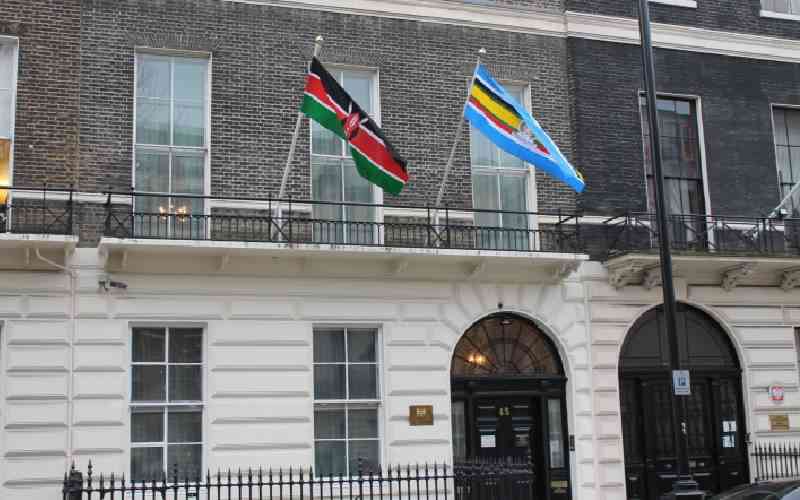
Kenya, the US and China face suits over unpaid charges for London embassies » Capital News
NAIROBI, Kenya, May 22 — Kenya’s High Commission in London is among foreign missions facing a suit at the International Court of Justice over unpaid Congestion Charges accrued from driving through a designated Congestion Zone in Central London.
London charges the fee, at a daily rate of £15 (Sh2,519), between 7:00 am and 6:00 pm Monday to Friday, and between 12:00 noon and 6:00 pm Saturday and Sunday.
Transport for London (TfL), the government agency tasked to collect the fee, put the amount of outstanding payments owed by several embassies at £143,527,113 (Sh24.2 billion) from 2003 to December 2023.
The United States topped the list with £14.6 million in outstanding payments amid a contest on whether the fee is a tax from which diplomatic missions should be exempt.
Service charge, not tax
TfL dismissed the assertion that the fee is a tax, insisting the charge is pegged on service.
“We and the UK Government are clear that the Congestion Charge is a charge for a
service and not a tax. This means that diplomats are not exempt from paying it,” the agency noted in the latest advisory published on Monday.
Kenya, listed thirteenth in the chart, owes £3.3 million (Sh547.8 million).
Also on the list of “stubborn” embassies are Japan, India, Nigeria, China, Russia, Poland, Ghana, Kazakhstan and Germany.
Others are Sudan, Pakistan, Korea, France, Cuba and Tanzania (Sh385.6 million).
TfL said most embassies in London were compliant with the requirement expressing frustrations over the non-compliant group.
“The majority of embassies in London do pay the charge, but there remains a stubborn minority who refuse to do so, despite our representations through diplomatic channels,” the agency stated.
TfL vowed to pursue the recovery of the charges and all accrued penalties.
“We will continue to pursue all unpaid Congestion Charge fees and related penalty charge notices and are pushing for the matter to be taken up at the International
Court of Justice.”
